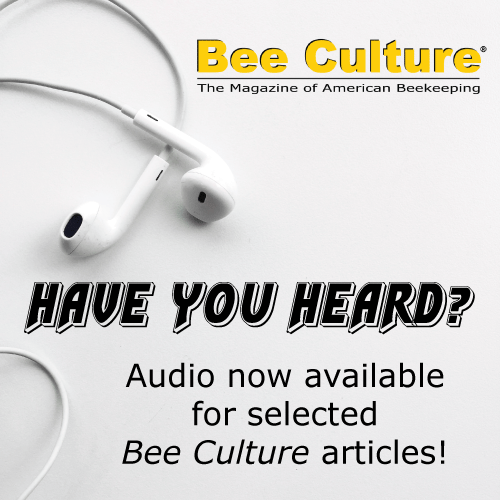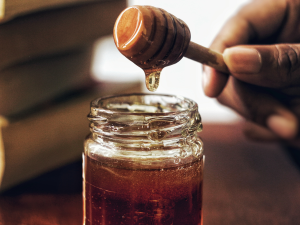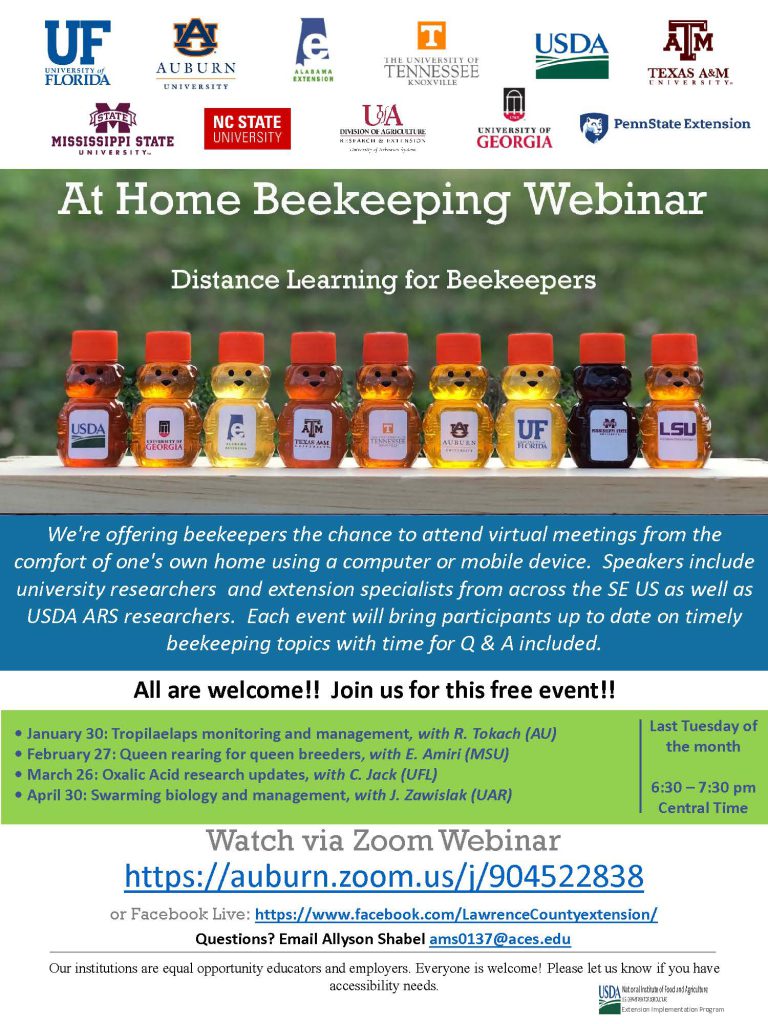Build Inexperienced Highways for Bees to Assist Save Very Important Pollinators
Owen Humphreys/PA Wire
By: New Scientist staff and Press Association
Urgent action is needed to halt a global decline in pollinators which threatens economies and food supplies, a new review says.
The authors of a major United Nations report blame the decline of pollinators on habitat loss, climate change and farming methods.
Possible solutions include building “bee highways” to allow the insects to move freely between foraging locations, reducing “green deserts” – landscapes dominated by a single crop species – and helping farmers work with nature.
“We conducted the most thorough review of the science ever undertaken, sifting through all the available evidence, to provide governments with the best and latest evidence on pollinator decline,” says lead author Simon Potts, from the University of Reading, in the UK.
“The UN report is a good start, but now we need action,” he says. “We need governments, farmers, industry and the public around the world to act to stop further declines in bees and other pollinating animals.”
“It’s not all bad news for bees, and luckily we still have options to help. Doing nothing is a big risk that could endanger the global supply of nutritious foods and the livelihoods of millions of people.”
The report estimates that 1.4 billion jobs worldwide depend on pollinating insects such as bees, beetles and butterflies. Three quarters of the world’s crops, worth $500 billion, rely on nature’s pollinators, say the experts.
In addition, the report highlights how safety procedures for new pesticides and genetically modified crops could be tightened to protect beneficial wild insects.
Currently, regulators only require manufacturers to assess risks to managed honeybees, not wild species.
UN conservation talks
Pollinator decline will be high on the agenda at UN conservation talks taking place in Cancun, Mexico, next month.
Bee expert Norman Carreck, from the Laboratory of Apiculture and Social Insects at the University of Sussex, says the report is “wide-ranging and novel”.
“It has been widely reported in the media that the human population would starve without bees,” Carreck says. “This is not true, because many of the world’s staple food crops are wind pollinated, but this review emphasizes the complexity of the relationship.
“Animal pollinated crops supply many vital micronutrients and a lack of such crops due to pollinator decline could lead to deficiencies and other human disease.”
Lena Wilfert, senior lecturer in molecular evolution at the University of Exeter, in the UK, says the review shows that diverse pollinator populations are crucial for a wide range of factors influencing human well-being, beyond the immediate pollination of crops.
“Importantly, the work shows how ecological intensification of agriculture and ecological infrastructure can tackle the threats to pollinator diversity and abundance.”








